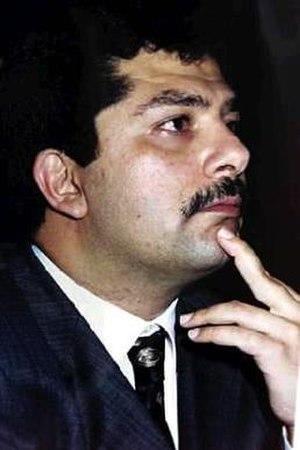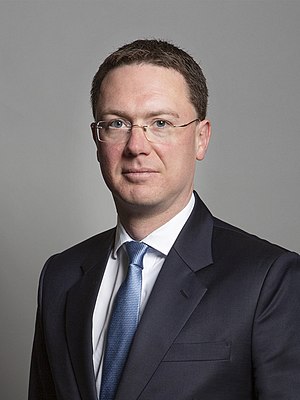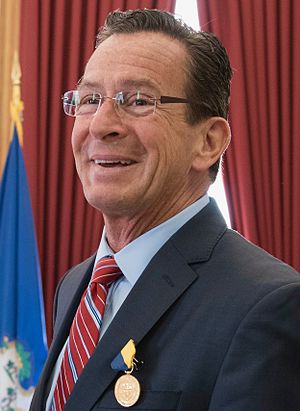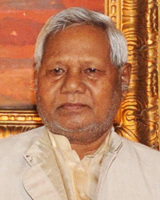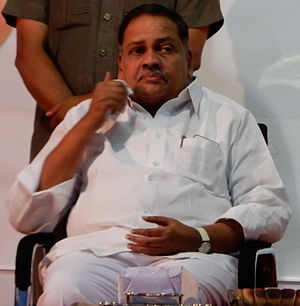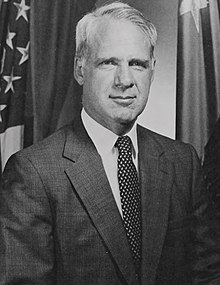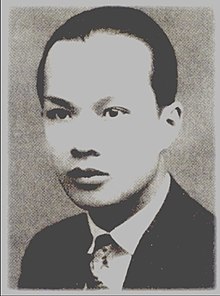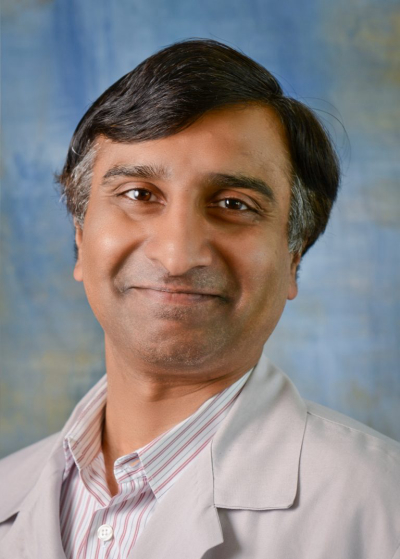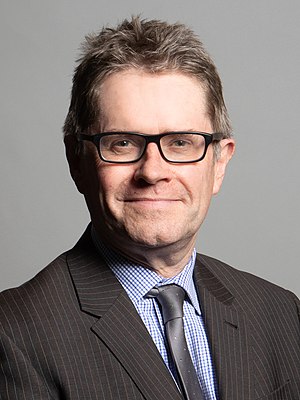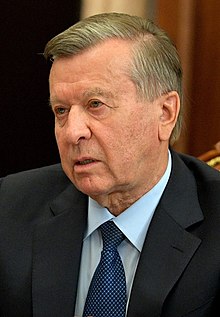The smuggler said, "They sought refuge with some of their acquaintances near the Rabia border center, and they already reached the outskirts of the city of Aleppo, and there, after replacing the broken tires of their car, the Syrian authorities, who ordered their return to Iraq, stopped them. Abd Hammoud was not staying with them, but he visited them for four days and on the fourth day they left the house. Accompanying Abid Hamid towards Mosul, there Uday and Qusay took refuge in the house of Nawaf Al-Zaidan, joined by Mustafa Qusay, who was staying with his grandfather, Maher Abdul-Rashid. On 16 July 2003, he met with Qusay again, asked if he had an intention to get out of Iraq, to which Qusay replied, 'This is no longer possible. I will stay in Iraq awaiting the instructions of the father.' During their time at the villa, the sheikh reportedly left Uday and Qusay playing video games for weeks.


